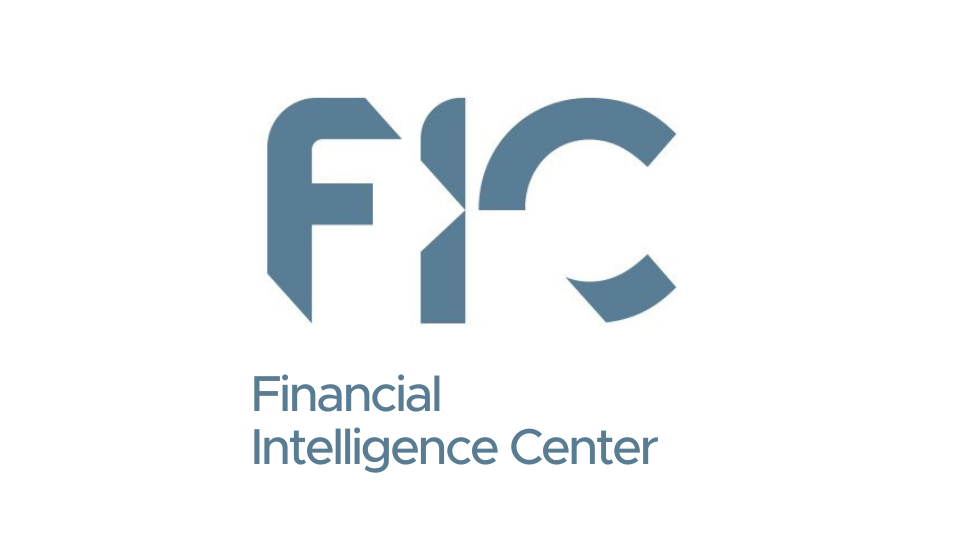Financial Service Providers – RAHN CASE STUDY ISSUE NO.12-2022
How Financial Service Providers are Susceptible to Money Laundering?
Rahn Consolidated (Pty) Ltd’s (“Rahn Consolidated”) articles and case studies are aimed at socialising, climatising, creating awareness and cautioning economic participants on regarding economic crime schemes. The focus will inter alia be on the investigations around Financial Service Providers, risks, reporting and most importantly, its regulatory compliance. The term “Economic crime schemes” are often used interchangeably with “Financial Crime”.
For the purpose of ensuring all readers are kept in the loop, Rahn Consolidated will make use of both terms. Rahn Consolidated being at the forefront of deterring Financial Crime through compliance will focus primarily on the compliance regarding Financial Crime and ensuring fines by way of administrative sanctions that fines are mitigated as much as possible.

Issue No.12 focuses on Financial Service Providers (FSPs) who are authorised in terms of the Financial Advisory and Intermediary Services Act (FAIS Act). These services exclude services provided in the Short-term Insurance Act and health service benefits provided by a medical scheme as defined in section 1(1) of the Medical Schemes Act.
Due to this particular type of service provider having a wide variety of products, it could be very susceptible to money laundering and it is deemed as the most susceptible service provider in the money laundering regime. The main focus of the FSP business is to ensure that the advice and intermediary services provided are aligned to ensure that the correct money laundering questions are asked during establishment of a business relationships. Controls to be implemented in this space need to be efficient and effective to curb money laundering.
Item 12 of Schedule 1 of the FIC Act defines a person who carries on the business of a financial services provider requiring authorisation in terms of the Financial Advisory and Intermediary Services act ,2002 as an Accountable Institution (AI). This needs amplification.
Unpacking Financial Service Providers:
- A person or entities which provide advice or intermediary services relating to on the investment of financial products (excluding short-term insurance and health service benefits) is an AI.
- Financial Service Providers (FSPs) which are, in terms of their license conditions defined in the FAIS Act, limited to the provision of advice and intermediary services exclusively on short-term insurance and/or medical aid membership are not accountable institutions.
- It is important to note that FSPs which are not accountable are not AIs but nevertheless have to comply with the provisions of section 29 with regards to suspicious transaction reporting.
- Where an FSP uses a juristic representative that is also an accountable institution or a reporting institution, such accountable institution or reporting institution must comply with the requirements of the FIC Act.
- Where an FSP conducts the business of a reporting institution (motor vehicle or a Kruger rand dealer), the FSP must also register with the FIC.
Guidance Note on Financial Service Provicers
With regards to on-boarding clients, the requirements below are the minimum which FSPs should implement in order to comply with the FIC Act. FSP’s are required to perform client identification and verification in respect of all clients (natural and legal persons / entities) prior to:
- Entering into a business relationship; and
- Performing a single transaction.
Rahn Consolidated can assist in the performing the above compliance requirements by ensuring that:
- A business relationship cannot be established or funds accepted for a product or service if the client has not been identified and verified, where appropriate.
- FSPs must perform client due diligence (CDD) according to the client type and the risk rating assigned using the FSP’s AML / CFT risk based approach.
- Where verification is required in the identification process, this is performed by relying on reliable and independent sources of information, using the original source of the documentation wherever possible, obtained from credible sources, such as reliable third party databases.
- This applies especially to legal entities where data is gathered to be able to support additional due diligence requirements.

As an AI, the FSPs are not limited to only reporting obligations but should at a minimum comply with the following:
Apart from Reporting obligations, business of lending money against securities have to comply to the below FIC Act requirements:
- Register business as an AI with the FIC in order to ensure regulatory reporting through go-AML;
- Develop a Risk Management and Compliance Programme (RMCP);
- Conduct Customer Due Diligence (CDD);
- Develop a compliance framework and appoint a compliance officer;
- Conduct training on AML/CTPF risks and controls;
- Effectively keep records; and
- Effectively submit regulatory reports to the FIC.

FIC’s website:https://www.fic.gov.za
Financial Service Provider case study (focus on reporting)
With the above scenario, Rahn Consolidated can assist with the monitoring of these transactions for FSPs and further conduct reporting in line with their money laundering reporting obligations.
Aggregation example (using R24 999.99 not R49 999.99-same principles apply)
FSP client A deposits cash of R20 000 at a branch of Bank A into the bank account of Mr Y on 1 April 2022.
Client A also deposits R6 000 cash into his own home loan amount held at Bank A on 1 April 2022. On the same day, Client A makes an ATM cash deposit at Bank A into his wife’s cheque account for R4 000. Bank A must submit a cash threshold aggregation report to the Centre to the amount of R30 000.
FIC CTR Guidance Note
Directions of cash transactions when reporting cash transactions (CTR)
FSP/AI ABC receives cash from Client X to the amount of R20 000 in relation to Product YY on 20 January 2022 and receives cash to the amount of R5 000 in relation to the same product from Client X on 21 January 2022. FSP/AI ABC pays out R29 000 to Client X
in relation to FSP/AI ABC pays out R29 000 to Client X in relation to January 2022. FSP/AI ABC pays out R29 000 to Client X in relation to Product YY on 21 January 2022. FSP/AI ABC must report the aggregated cash received from Client X of R25 000 on 20 and
21 January 2022. FSP/AI ABC must also report cash paid to FSP/AI ABC must also report cash paid to would submit two reports to the Centre, one aggregated cash transaction report (CTR) for the two cash transactions received, and one CTR for cash paid.

